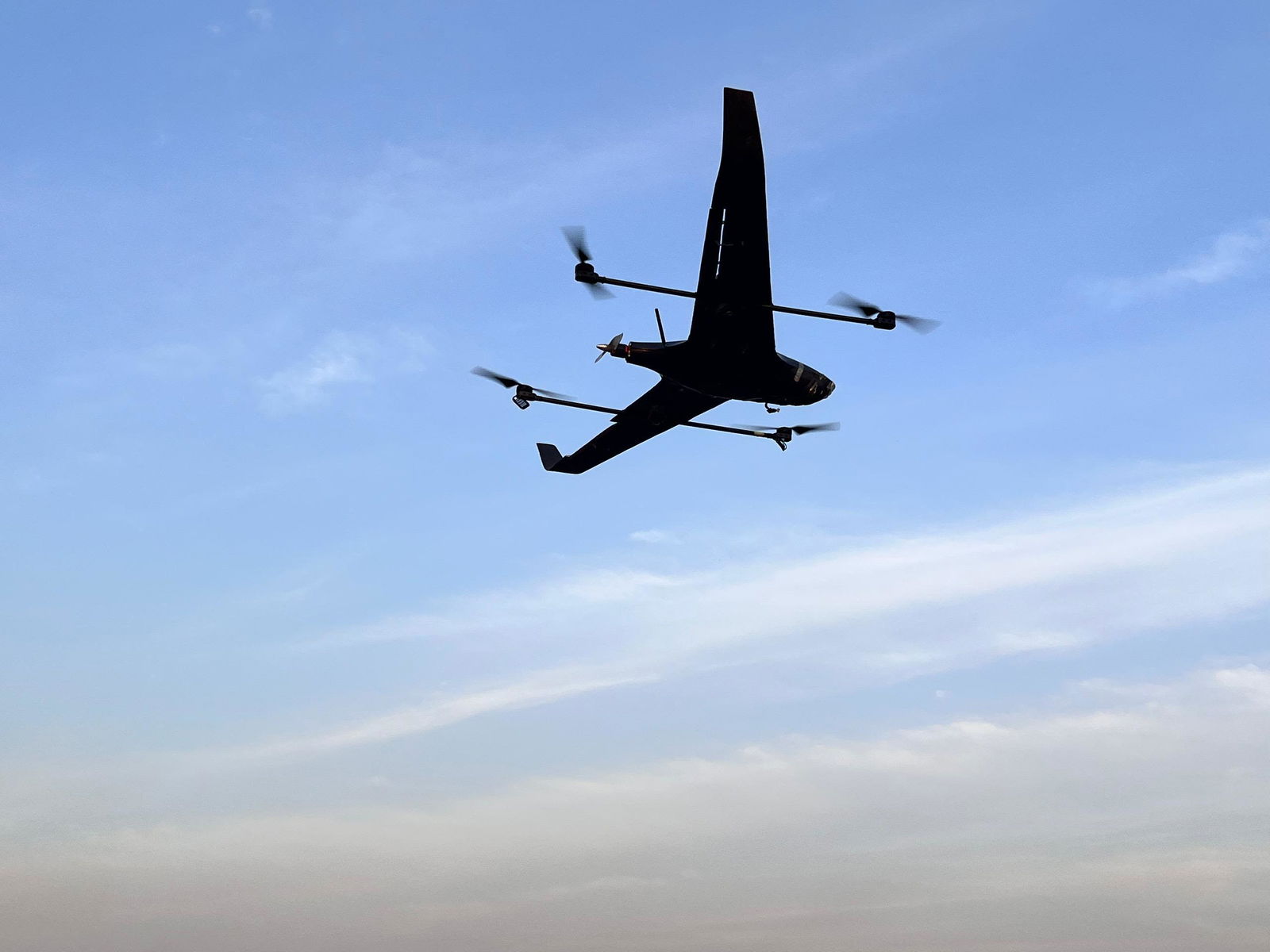This drone manufacturer wants to protect Africa’s power, mining and oil assets

Nigerian startup Terra Industries is manufacturing drones for security.
By Nell Lewis, CNN
(CNN) — Attacks on Africa’s critical infrastructure are not uncommon. This year, insurgent militant groups led to a temporary shutdown of a tin mine in the Democratic Republic of Congo and fighting in Sudan’s civil war caused a blaze at the country’s largest oil refinery.
Disruptions like these not only threaten local economies but can set back the whole continent, discouraging foreign investments that many large infrastructure projects depend on.
“These are critical attacks carried out on strategic infrastructure which directly impact on economic development,” Oluwole Ojewale, regional coordinator for Central Africa at the Institute for Security Studies, tells CNN. He notes the example of Nigeria, where terrorist attacks on oil pipelines have been a factor in stopping the country from meeting its production quota.
He says that both public and private enterprises are changing their strategy for protection and looking to autonomous systems to address security concerns.
Terra Industries (formerly Terrahaptix), a robotics and manufacturing startup based in Abuja, Nigeria, is building autonomous security systems powered by artificial intelligence and drones that can detect threats and help protect the continent’s critical industries such as energy, mining, telecoms and agriculture.
The company was founded in 2024 by two young Nigerians, 23-year-old Maxwell Maduka and 22-year-old Nathan Nwachuku.
Last February, it launched what Nwachuku calls the largest drone factory in Africa, a 15,000-square-foot (1,394-square-meter) space on the outskirts of Abuja. While not yet at full production capacity, Nwachuku says it is capable of building 30,000 drones a year. That includes long-range drones built for surveillance missions, quadcopters for first response and data collection, and small self-driving vehicles for ground surveillance.
In May, it won a $1.2 million contract with private security firm NetHawk Solutions to deploy AI-powered drones and surveillance towers at two hydroelectric power plants in Nigeria. The system will help the company detect and monitor potential threats, such as bandits.
The company already exports its drones to eight African countries and Canada, protecting an estimated $11 billion-worth of assets, according to Nwachuku, co-founder and CEO. This includes critical infrastructure, such as power plants, lithium mines, gold mines and oil refineries.
“We have scaled with very little resources,” says Nwachuku. “Terra today has actually raised less than $600,000 and … we are currently at $1.9 million in revenue.”
Industrializing Africa
Nwachuku’s goal has always been to help industrialize Africa. For that to happen, “we must solve the common denominator, which is insecurity,” he says.
One of the key initial focuses was developing and building software and hardware in-house. AI-powered software called ArtemisOS is the brain of the system and has won the company international attention.
“It collects all the surveillance data from all these different systems. It analyzes this data looking for threats in real time. And once spotted, it alerts the necessary response teams, whether it is security agencies or in-house response teams,” says Nwachuku.
He believes that the in-house approach has set the company apart from competitors. While some sensors and cameras are imported from nations including South Korea, the software, the airframes, the propellers, and the lithium-ion battery packs are manufactured in-house. “It helps (to provide) much safer data security,” he adds.
Terra Industries has partnered with local cloud platform PipeOps rather than global firms, so it can maintain data sovereignty: “We must keep the data within African hands,” says Nwachuku, adding that this not only supports African business but it helps to keep the data safe from global leaks.
Staying local also brings costs down, as manufacturing in Africa is cheaper than America or Europe, as is hiring talent. These savings are passed on to clients, with initial hardware purchases up to 55% cheaper than international competitors, according to Nwachuku. Beyond the initial cost, clients must pay for the software annually. Without the software subscription, the Terra hardware ceases to function, but clients can integrate the Terra software in hardware from other providers.
Ojewale, of the Institute for Security Studies, says that while Terra Industries does not currently face many local competitors, he expects there to be a “proliferation of businesses” in this market. “The continent is wide; from Angola to Mozambique to Nigeria, all critical infrastructure will need to be protected.”
The-CNN-Wire
™ & © 2025 Cable News Network, Inc., a Warner Bros. Discovery Company. All rights reserved.



